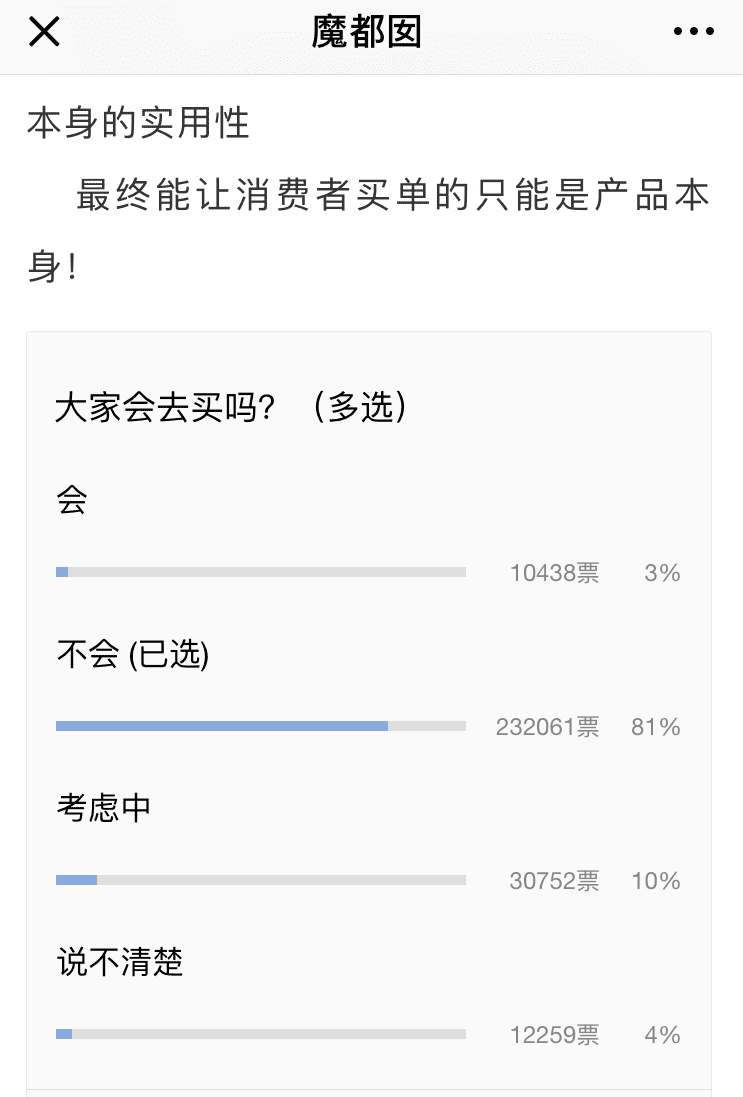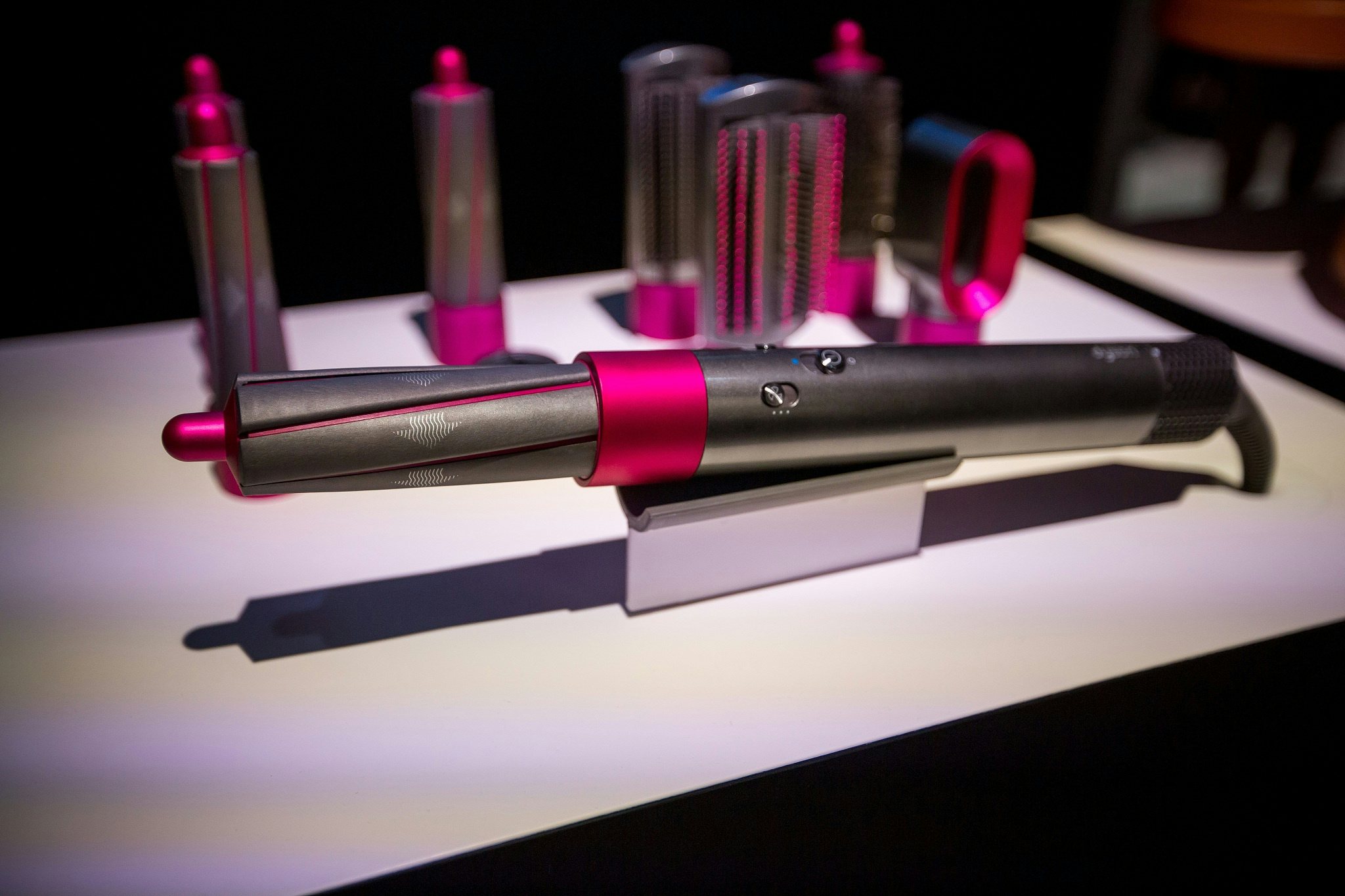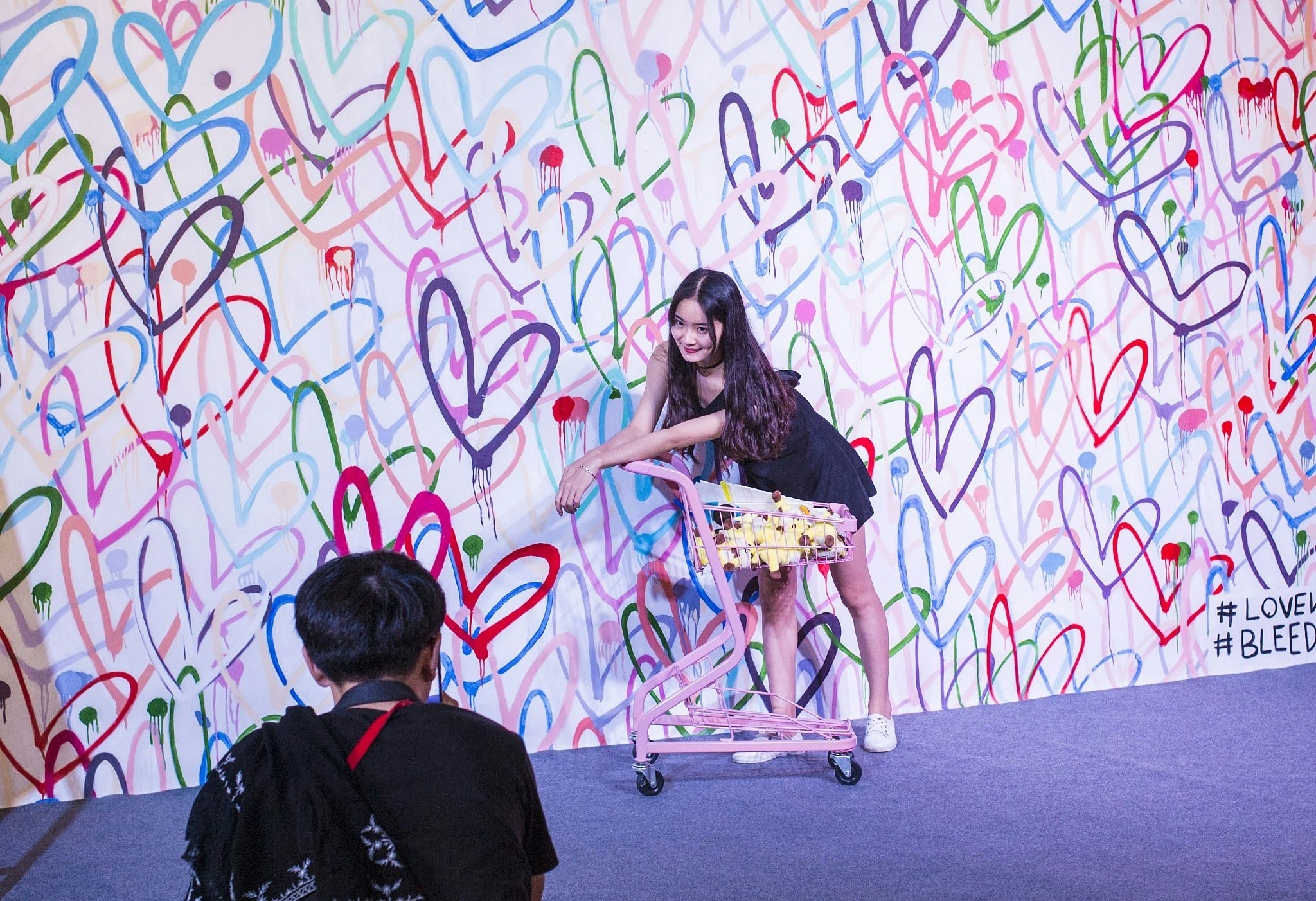A 550 (RMB 3,804) Dyson curling iron set, which is yet to be released in the Chinese market, suddenly garnered explosive interest on China’s social media platform WeChat over the weekend after a post by a fashion and beauty account went viral.
However, the hype associated with the product has not completely translated into the overall positive response as Dyson might have expected--the viral post may even ding Dyson’s reputation in China. What does this response say about Chinese consumers’ attitude toward influencer marketing?
On October 11, WeChat-based women's fashion media Camelia published an article to introduce the Dyson Airwrap styler. The product aims to provide a solution for consumers who are concerned about the hair damage that traditional products can cause.
[video width="640" height="360" mp4="http://jingdaily.com/wp-content/uploads/2018/10/videoplayback.mp4"][/video]
In the WeChat article, Camelia used a variety of videos and GIF images from Dyson’s official UK website to illustrate how to use Dyson Airwrap Styler. The storytelling and the user interaction following the post's publication helped this article go viral.
The post reached 11 million pageviews within 24 hours, was liked more than 15,000 times and received over 10,000 comments, according to figures provided by Camelia. WeChat’s measurement tool “WeChat Index” shows mentions of the words “戴森” (Dyson’s Chinese name) soared more than 3,000 percent from October 10 to 11. A great number of users also reposted the WeChat article on their Moments or in chat groups to share with friends and family.
In China, Dyson is well known as a British luxury appliance brand that prides itself on state-of-art technologies in products. Dyson has several signature items that have sold well among Chinese customers, including the Supersonic Hair Dryer that is priced at 399 (RMB 2,760) and vacuum cleaners ranging up to about 600. The curling iron is now available for pre-order sale on China's Tmall and JD platform. According to a report by Chinese media iFanr, over 1,000 Airwrap Stylers have been pre-ordered on both platforms.
Hype vs. Reputation#
Based on the article's readership statistics, this marketing campaign on Dyson can be regarded as an extremely successful case. But did the hype really lead to an equally sizable group with intent to purchase?
Many WeChat users publicly shared their views on the product and showed their general mistrust in what influencers said.
“Just based on all promotional videos from Dyson, I can hardly believe this product is as amazing as it claims to be,” wrote WeChat user “Jingwen,” who shared the article. “It is likely the brand paid this account to write this post.”
Jingwen is a 33-year-old Chinese female consumer working in the financial industry in Shanghai and London who pays close attention to the latest fashion and beauty trends. She told Jing Daily that she has not used this Dyson product, so she could not say whether it was good or not. The reason that she left the suspicious comments about it was that she had seen and tried too many “bad” products that had been promoted by Chinese influencers.
“Nothing wrong for them to receive money and say nice words about brands, but as a consumer, I have started to be more discerning after so many failures,” she said.

As Camelia’s Dyson post gets more and more popular on WeChat, there are several articles emerging that contradict what it claims. For example, an account named “modunan (魔都囡)” published a negative product review on the Dyson Airwrap Styler on October 12, showcasing in detail the problems of this product via a third-party YouTube video review. The post also has been viewed hundreds of thousands of times and liked by over 4,400 users. The post also initiated a survey to ask if readers would purchase this product. Eighty-one percent of respondents (232,056 votes) stated they would not, and only 3 percent (10,438 votes) said they would.
(In an update after our initial publication, Dyson reached out to Jing Daily to clarify that Camelia’s WeChat post was not sponsored. In response to some negative reviews from Chinese consumers, such as the machine taking a long time to curl hair and the effect not lasting long, the brand's spokesperson said, “While time to style will vary by hair type, we generally recommend that hair is wrapped around the barrel for approximately 10 seconds to achieve a curl.”
An awakening awareness#
Over the past few years, influencer marketing has become an important weapon for foreign brands to sell products to China. Plenty of influencers set up their e-commerce stores to sell products, which is seen by many brands as a shortcut to convert influencers’ popularity into sales.
In China, there is no strict rule that requires online influencers to reveal if their posts are paid partnerships or business alliances with brands they write about. While in countries like the United States and the United Kingdom, online influencers are forced to make full disclosures about ads, and a failure to do so can lead to consequences.
China has seen an awakening awareness among consumers about the authenticity of influencer marketing. Brands should be aware that customers in China are likely to start to demand more transparency about their relationship with influencers.



